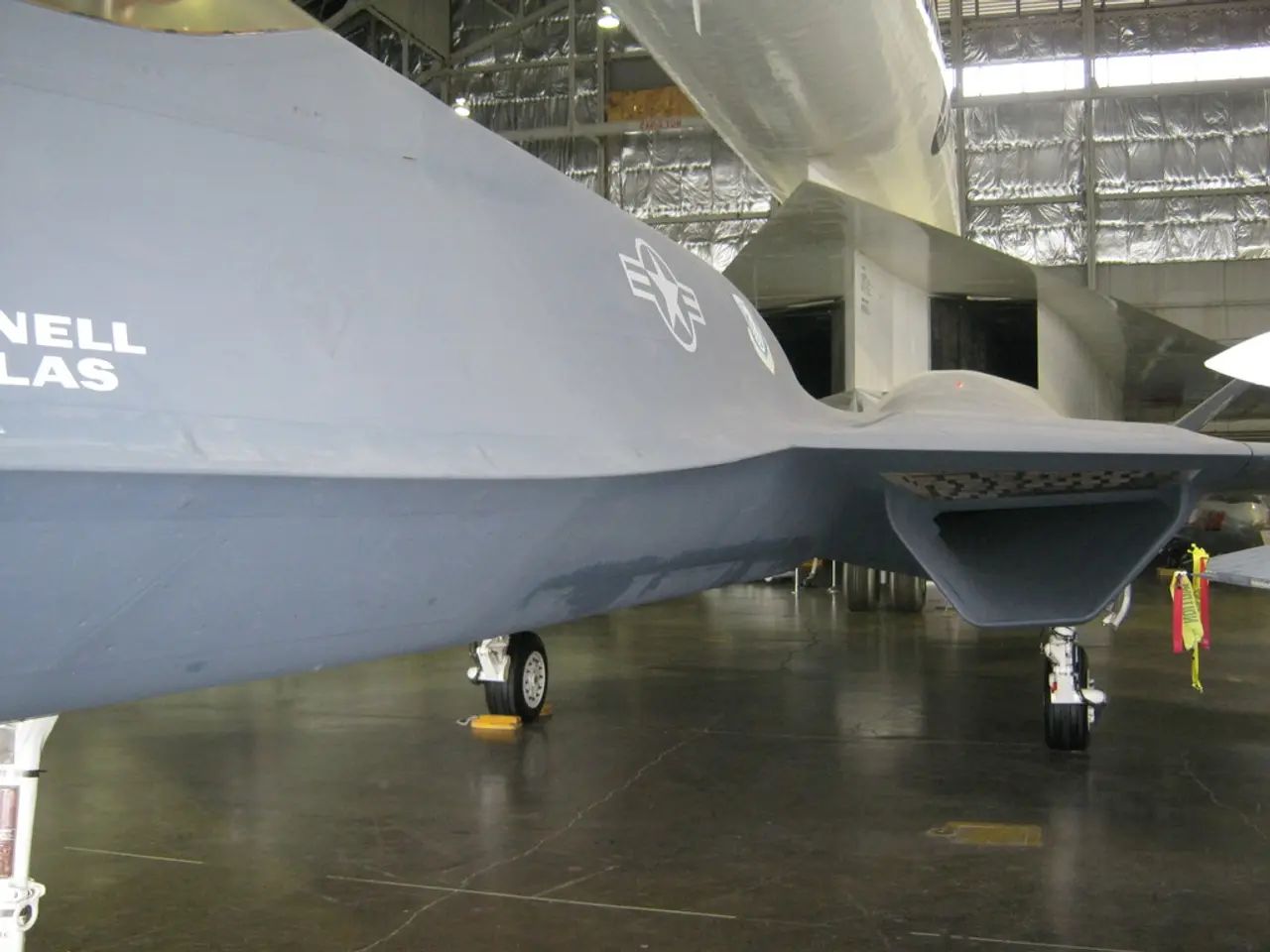Aircraft Operated by Delta Air Lines Experiences Mid-Air Accident, Landing Uside Down in Toronto
In a significant development for the aviation industry, a Delta Air Lines flight DL4819 crashed at Canada's Toronto Pearson International Airport on Feb. 17, marking a concerning event in the recent string of plane crashes. Despite the potential for fatalities, all 80 people on board, including 76 passengers and 4 crew members, survived the crash.
The plane, which had originated from Minneapolis, made a crash landing and flipped over before reaching the terminal. Passengers were left hanging upside down while still strapped to their seats, but they managed to escape onto the snowy runway. Remarkably, 21 people were taken to hospitals, but all have since been released.
The incident has sparked discussions about the safety of air travel and the measures being taken to ensure passenger and crew safety. In response to the recent increase in plane crashes, airlines and aviation authorities have implemented several new safety measures.
One such measure is the stricter regulation of portable power banks. Following a fire incident onboard a flight in South Korea in early 2025, airlines worldwide have introduced stricter controls on the use and storage of power banks during flights. Some Asian airlines now ban their use in-flight, while others require these devices to be stored under the seat in personal items rather than in overhead bins. U.S. carriers like Southwest Airlines have followed suit, mandating that power banks be visible and immediately accessible to crew members so they can quickly respond in an emergency.
Leading airlines continue to prioritize pilot training and compliance with international regulatory audits such as those by ICAO and IOSA. These measures include continuous operational improvements and rigorous safety performance assessments to minimize incident risks. Aviation bodies such as the FAA have emphasized combatting complacency, improving communications, and managing operational risks more effectively. This includes encouraging the use of thorough checklists and teamwork in single-pilot resource management to prevent safety drift.
Industry-wide safety summits and knowledge sharing events, like the Business Aviation Safety Summit (BASS), facilitate the sharing of new insights and strategies to bolster aviation safety through collaboration among stakeholders.
In light of these developments, Delta Airlines has announced a compensation of $30,000 for passengers involved in the crash. However, concerns about the U.S. administration's funding for aviation and safety precautions have been raised by Avena Chao, who expressed her apprehensions about the potential impact of recent staff layoffs on the industry's safety.
The situation in Toronto demonstrates the importance of effective management and safety protocols in handling plane crashes. As travelers continue to express anxiety about air travel, the aviation industry remains committed to maintaining high safety standards through a multi-faceted approach involving technological restrictions, enhanced training, procedural discipline, and collaborative safety culture. This is the first major plane accident in the past month that hasn't resulted in any deaths or major injuries, offering a glimmer of hope for the future of air travel safety.
For instance, Stella Gardner, a student, noticed more safety measures after the recent crashes. Gardner felt uneasy during her travel, fearing it could be one of the planes that crashes. However, her concerns were alleviated by the visible safety measures she observed during her journey.
As the aviation industry continues to evolve and adapt to the challenges it faces, the focus remains on ensuring the safety and well-being of passengers and crew members alike.
Travelers may experience relief as they observe enhanced safety measures in transportation following a series of plane crashes, such as the stricter regulation of portable power banks during flights and increased pilot training. To maintain high safety standards, airlines and aviation authorities are implementing a multi-faceted approach including technological restrictions, enhanced training, procedural discipline, and collaborative safety culture.
Renting a safe and reliable mode of transport can be a significant aspect of a person's lifestyle, especially when traveling for leisure or business. In light of recent developments and concerns regarding funding for aviation safety, passengers can opt for various travel options, ensuring their comfort and safety in their journeys.




